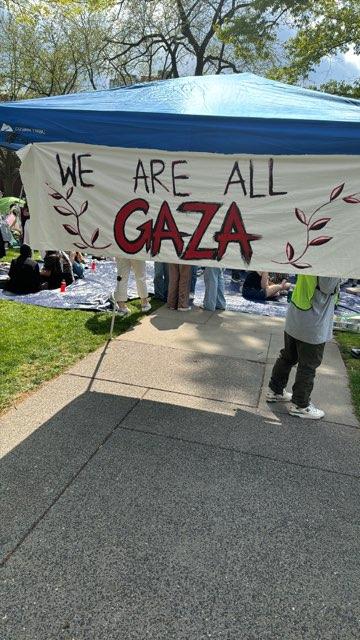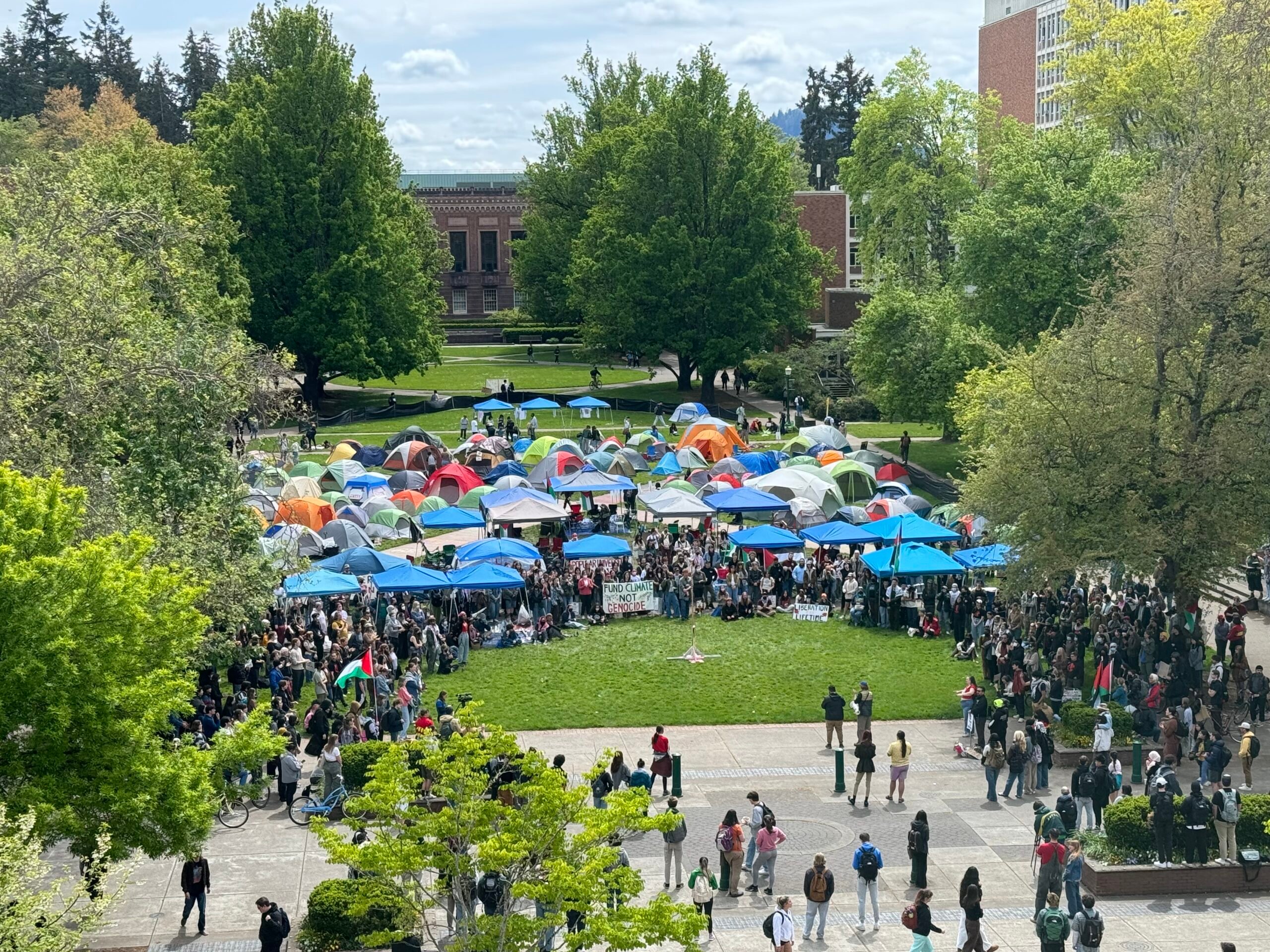John lives in a nursing home in New Jersey. He suffers from Parkinson’s disease as well as advanced dementia. One day he passed out and fell. The paramedics were called. While John regained consciousness while still at the nursing home, he was extremely confused due to the dementia and could not communicate how he felt or his wishes to the first responders. The facility tried, unsuccessfully, to get in touch with Phil, John’s long-time friend and health care agent, and so he was taken to the local hospital.
After almost 36 hours of being tested and monitored in the hospital’s overcrowded emergency department, John was released back to the facility. John returned home exhausted and even more confused.
Phil was furious. He complained to the nursing home that John never should have gone to the hospital as he has a “Do Not Resuscitate” order, usually referred to as a DNR. Unfortunately, while this is a common misunderstanding, Phil was wrong. A DNR is a type of advance directive signed by a treating physician that prevents first responders and medical professionals from performing cardiopulmonary resuscitation on a person whose heart has stopped or who has stopped breathing.
There are many advanced-planning tools available when considering end-of-life care. In addition to considering a DNR, nursing home residents in New Jersey (or their healthcare agents) often choose to execute, with their physician, Do Not Hospitalize (“DNH”) and Practitioner Orders for Life Sustaining Treatment (“POLST”) directives. When doing advanced planning for anyone, particularly institutionalized older adults, it is important to learn about and properly execute advance plans and directives so that families and healthcare workers are best able to follow a person’s values, beliefs and wishes even when he or she is unable to communicate what they are themselves.
It should be noted that while Jewish Law emphasizes the preservation of life, some opinions say that there may be circumstances where, after carefully consulting with a patient’s and family’s rabbi, a decision to execute a DNR is deemed halachically appropriate. This may be when, based on a person’s terminal medical condition, his or her doctors have arrived at the consensus that there would be no clinical benefit from the procedure.
Lisa Bayer, JD, CCM is the owner of LMR Elder Care, LLC in Livingston, NJ. As a Certified Geriatric Care Manager she provides support, guidance and solutions to older adults and their caregivers. She can be reached at [email protected] or 973-533-0839.











